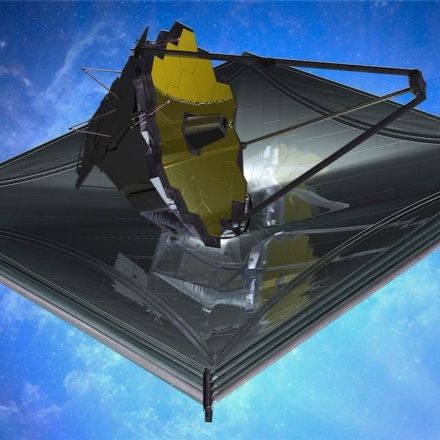
Every decision that’s made — in both astronomy and in life — comes with its own set of pros and cons. Setting up an observatory in space is expensive, precarious, and is dependent on a successful launch and deployment: there are multiple single-points-of-failure, and if anything catastrophic goes wrong, the entire mission is all for naught. Yet if you succeed, you can observe as no ground-based observatory can: without interference from the atmosphere, without concern for day-or-night, without being affected by terrestrial light pollution, and over a range of wavelengths that are heavily restricted back on Earth.
Continue reading...


No comments:
Post a Comment